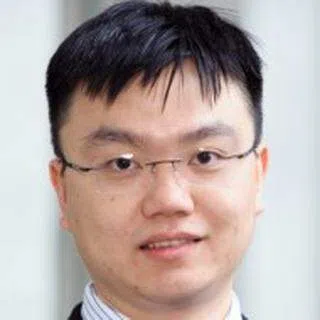Can Ko Wen-je shake up Taiwan's political scene with his 'one-man party'?
As Taiwan's presidential election approaches, Democratic Progressive Party candidate William Lai is firmly in the lead. However, Taiwan People's Party candidate Ko Wen-je is also in a solid second place. Academic Lu Xi opines that if Ko survives the election and TPP becomes a key minority in the Taiwanese Legislative Yuan, Ko's influence will gain greater ground in the coming years as young voters' support continues to grow.
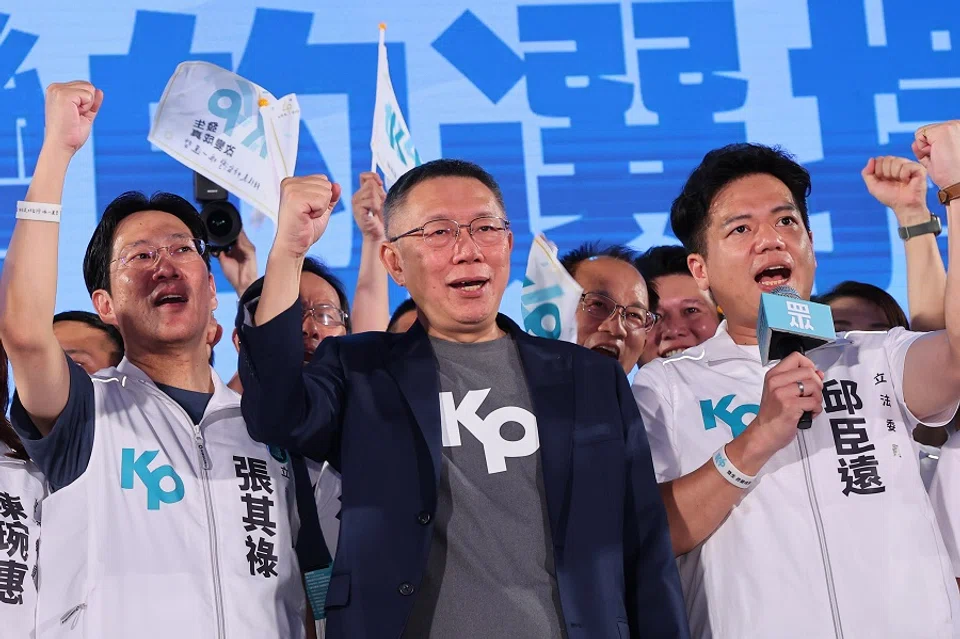
The presidential election campaign in Taiwan has drawn significant attention to the Taiwan People's Party (TPP) and its founder, Ko Wen-je. Recent polls in the past two months indicate that Ko is steadily in second position, and has gradually widened the gap with Kuomintang (KMT) candidate Hou You-yi. Although Democratic Progressive Party (DPP) candidate William Lai remains firmly in the lead, he is clearly feeling the competition.
The DPP has shifted its focus from the KMT to Ko, in an attempt to maintain the polling pattern of having one major and two minor candidates. This article aims to analyse the success of Ko and the TPP, as well as the challenges they face, in order to understand the new changes in Taiwanese politics.
Generational shift in voter structure
I believe that Ko's popularity can be attributed to four main factors. First, Taiwan's political landscape is undergoing generational change, with the younger generation having new expectations and demands for politics. Second, the TPP has a unique publicity approach that helps them stand out in voters' minds. Third, Ko himself possesses unique personality traits that attract a large number of supporters. Finally, the KMT's difficulties in internal transformation provided external support for the TPP's rise.
The results of Taiwan's local elections at the end of last year already showed that the DPP might be losing or has already lost support from young voters. I provided a specific analysis of this issue in my previous commentary, so I won't repeat it here. However, many observers still stand by the old pattern of young people rallying behind the DPP, and aren't paying attention to this structural change in the first place.
The reality is that, in the current election, Ko's support among voters below 40 years old remains stable at around 50% - with the proportion becoming higher as the age group gets younger - while Lai's support is generally only around 30%.
Taiwan's new generation of voters are not intensely opposed and divided on issues such as identity and cross-strait positioning. Instead, they focus on the interests of their own generation and hope to get what they want through elections.
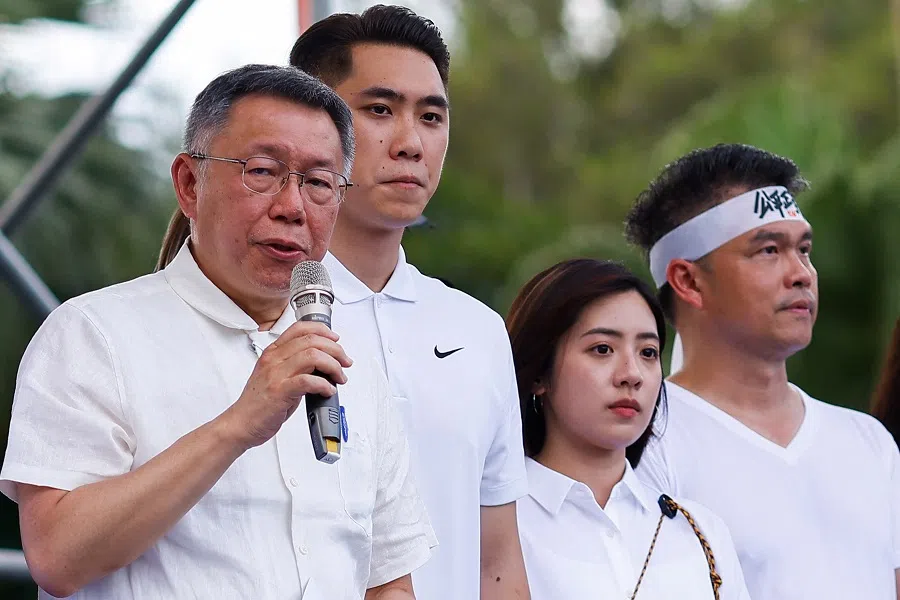
Since the 2014 Taipei mayoral election, Ko's slogan has been to "transcend the Blue-Green divide", stressing the difference in ideologies between him and the two major parties. However, the difference between the TPP and the Blue and Green parties in this election lies not in ideology, but in the age structure of the voters.
Unlike their parents, Taiwan's new generation of voters are not intensely opposed and divided on issues such as identity and cross-strait positioning. Instead, they focus on the interests of their own generation and hope to get what they want through elections. So, domestic issues such as judicial injustice, corruption, high housing prices and low education returns are more likely to become the focal points of this election. These are the long-standing burdens and common responsibilities left behind by the Blue and Green parties' long-term governance, providing an advantageous battlefield for Ko the outsider to showcase his strengths.
Progressive publicity techniques
On major online platforms, Ko is doing much better than Lai and Hou; the number of followers and video views on his channel are up to dozens of times higher than theirs. This is largely due to the fact that the TPP is well versed in the essence of short video marketing when it comes to promotional techniques.
Videos are kept to less than 10 minutes long, with some even as short as two to three minutes. There are no scripts or elaborate production - most videos are made of fast-cut segments of Ko's on-site speeches, allowing multiple clips to be created from a single event. The TPP also employs overlapping content to bombard the social networks of the younger generation with key messages from multiple viewpoints.
This approach is very different from the traditional tactics of the Blue and Green camps. In particular, the DPP is used to handing over issues to internet anchors and media pundits, allowing them to set the tone; and using influential online commentators to quickly create a storm of public opinion and generate hot topics.
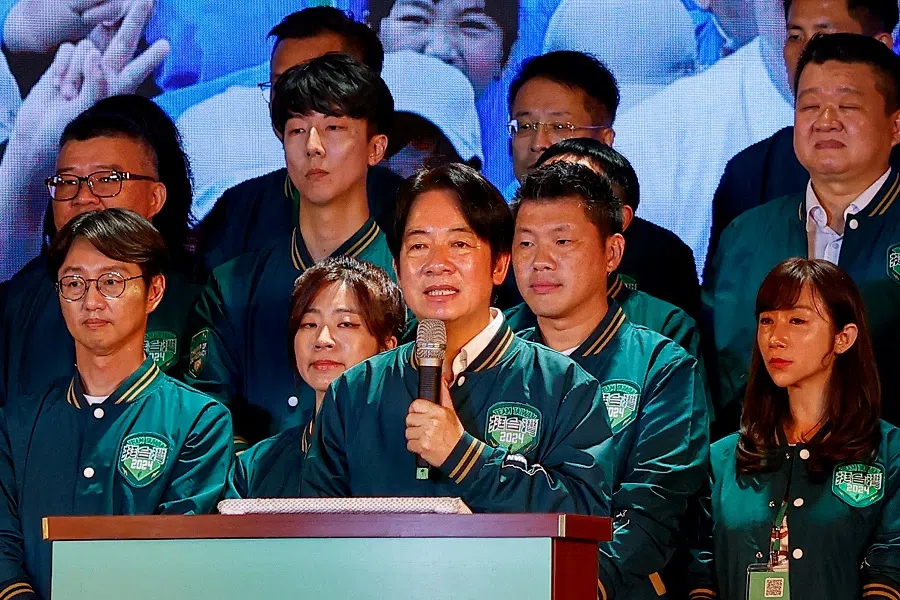
The advantage of this approach is that if the narrative veers off course, these internet celebrities and pundits are excellent buffers to prevent any negative impact on the candidate. However, the downside is that an echo chamber would usually form around the commentators, creating an information cocoon. And once this type of publicity is overused, it limits information dissemination, and the support base of the political party gradually solidifies and becomes rigid, possibly leading to generational fractures. This is the critical bottleneck the DPP is currently facing.
He [Ko] is a superb presenter who exhibits a distinct awareness of the many policy challenges in Taiwan and communicates that knowledge to the audience in a way that is conducive to learning and understanding.
Rational, clean and diligent
In contrast, the TPP employs fewer online commentators not only because of financial constraints and limited influence in traditional media, but also because Ko himself possesses some rare characteristics that are enough for him to carry the content personally.
In almost all of TPP's publicity videos, Ko rarely reads from scripts and can articulate various issues off the cuff. He is a superb presenter who exhibits a distinct awareness of the many policy challenges in Taiwan and communicates that knowledge to the audience in a way that is conducive to learning and understanding. This image is highly appealing to voters who are both rational and idealistic, which is why young, highly educated males are the staunchest supporters of the TPP.
Besides his rational, intellectual style, Ko's personal integrity and diligence are also essential traits that attract young people. These two characteristics used to be labels claimed by the DPP, but during the administrations of Chen Shui-bian and Tsai Ing-wen, regular corruption scandals fell short of society's expectations.
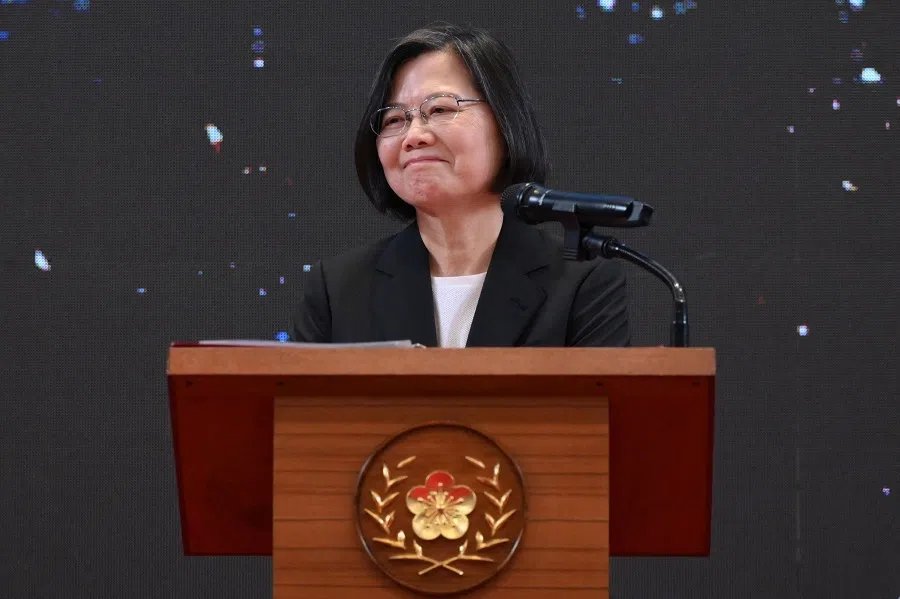
In contrast, during Ko's eight-year tenure as mayor of Taipei City, he worked diligently, often arriving early and leaving late, maintaining a clean personal financial record, and strictly adhering to financial discipline in administration. This is difficult to achieve and sustain amid Taiwan's complex and ever-changing political environment.
In recent years, the political trends in various democratic countries in Asia show that candidates' morals determine young voters' inclinations, and Taiwan is no exception. For example, four years ago, Han Kuo-yu sparked a storm in local elections by hitting the DPP's sore points of "corruption, lazy governance and financial indiscipline", winning significant support from young people. While Han did not perform as well as expected in the presidential election, this sentiment did not dissipate, and led voters to choose Ko as their new political outlet.
The disconnected deep Blue camp
Apart from Taiwan's younger generation, another group that resents the ruling party is the "deep Blue" camp. This group has a dual identity - externally they insist on the "1992 Consensus, one China with respective interpretations" (九二共识、一中各表), while internally they aggressively demand the removal of the DPP. For the KMT, the deep Blue camp is a double-edged sword: the former identity has increasingly become a burden during elections, but the latter is a source of grassroots support for the KMT.
Over the past decade, the KMT has been declining as it faces challenges in reform. One of the major obstacles is the deep Blue camp's insistence on conservative views within the political spectrum, making it difficult to adapt to mainstream public opinion in Taiwan. This was one of the reasons why the KMT suffered significant losses in the previous presidential election and the four subsequent referendums. Hou avoids discussing the 1992 Consensus, possibly fearing that the KMT will deviate further from mainstream public opinion on this crucial issue.
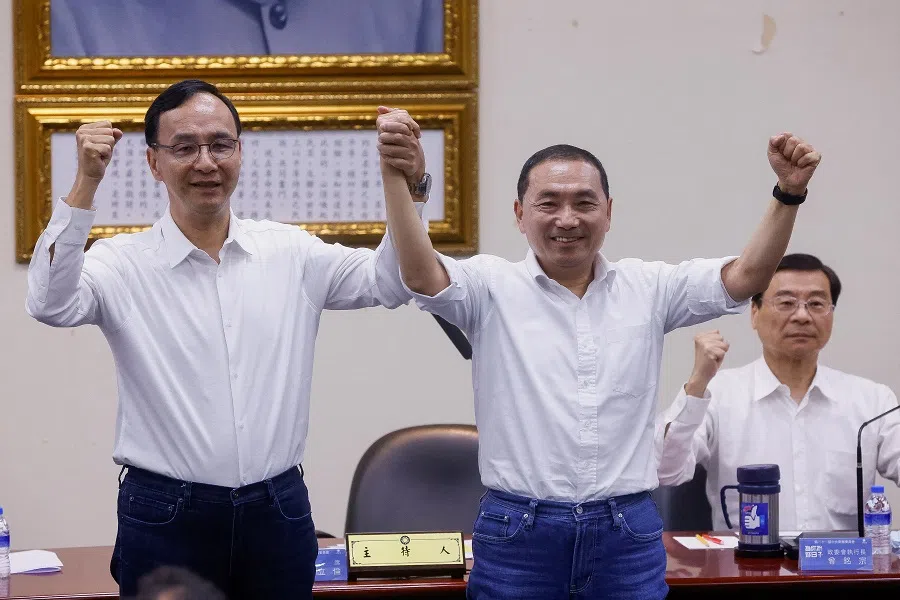
After Eric Chu took over as KMT chair, there have been changes in the internal power distribution of the party. The deep Blue camp, which had gained influence within the party due to Han's rise, was forced to yield to certain local factions, and seemed to have "lost its home" within the KMT. Feeling alienated, they vented their disappointment and resentment on Hou.
And given Hou's weak performance in political thrust and parry against the DPP, and his ambiguous attitude towards Han in the last election, some members of the deep Blue camp turned to support entrepreneur Terry Gou and Ko.
... whoever criticises the DPP most fiercely may gain their support.
In opinion polls over recent months, the high interchangeability between Gou and Ko has indeed resulted from the shift of swing voters, but the deep Blue camp's choice is the more significant factor. The departure of deep Blue supporters, as represented by Han's supporters, has caused Hou's approval ratings to struggle to cross 20%; at one point, it even fell to the candidate replacement line of 15%.
Gou seized the opportunity and announced his support for the 1992 Consensus within the framework of One China in an international media publication, further competing for the deep Blue camp's support, sparking discussions about "leadership change" within the party.
The split within the KMT and the trajectory of the deep Blue camp have strengthened Ko's momentum and helped the TPP in benefiting from the deep Blue camp. Notably, although Ko advocates peace, communication and exchanges across the Taiwan Strait, he does not support the 1992 Consensus. His views align more with Lee Teng-hui's "special state-to-state relations".
However, some members of the deep Blue camp are still willing to vote for Ko because of their immense dissatisfaction with the DPP, as they want a change in political power - whoever criticises the DPP most fiercely may gain their support.
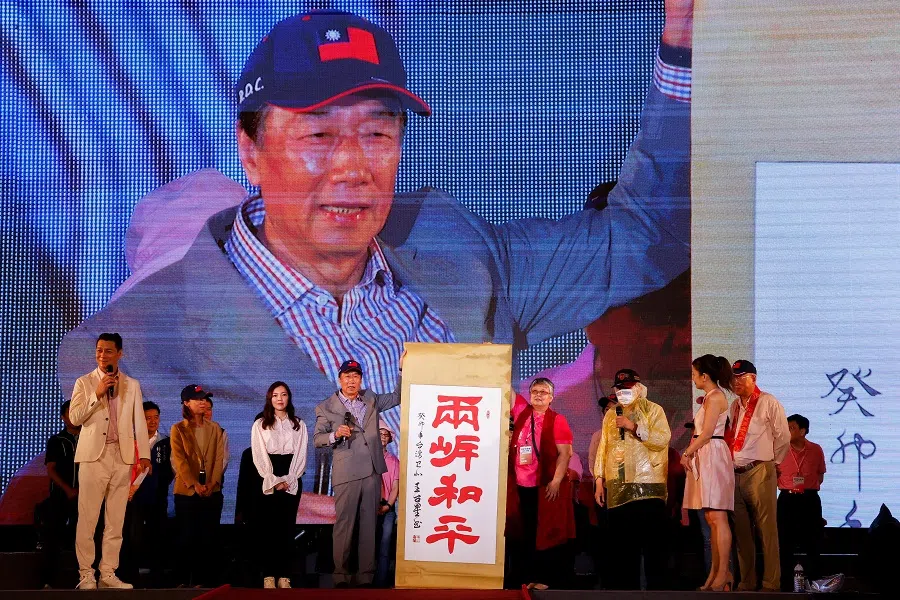
This sentiment has even influenced some KMT legislative candidates, who have openly urged the KMT to cooperate with the TPP to protect their local electoral prospects, further boosting Ko's momentum.
... merely diagnosing the problems without offering corresponding solutions may seem weak and ineffective.
Significant challenges and crises
Indeed, Ko holds a steady lead in the polls against Hou, and the TPP is expected to secure around ten "island-wide constituency" legislative seats (as opposed to single-member constituencies) in next year's general election, becoming a crucial minority in parliament. They are also actively fielding regional legislator candidates, preparing for the next round of local elections. However, Ko and his party are also facing some challenges and crises.
While Ko has an accurate grasp of the root causes of social issues in Taiwan, as an individual, he cannot single-handedly provide appropriate policy solutions. Expressing various viewpoints on numerous issues can inevitably lead to controversy and criticism, affecting his ability to expand his voter base beyond the young generation. Furthermore, diving into too many issues may lead to a loss of focus, and voters could perceive the candidate as lacking a core stance. Also, Ko's personal understanding of complex issues may not be perfect.
For instance, Ko believes that the root cause of low salaries for young Taiwanese lies in the low value-added industrial structure in Taiwan and the improper setup of university disciplines. While this viewpoint is valid, specific policy plans must be promptly presented to voters, as merely diagnosing the problems without offering corresponding solutions may seem weak and ineffective.
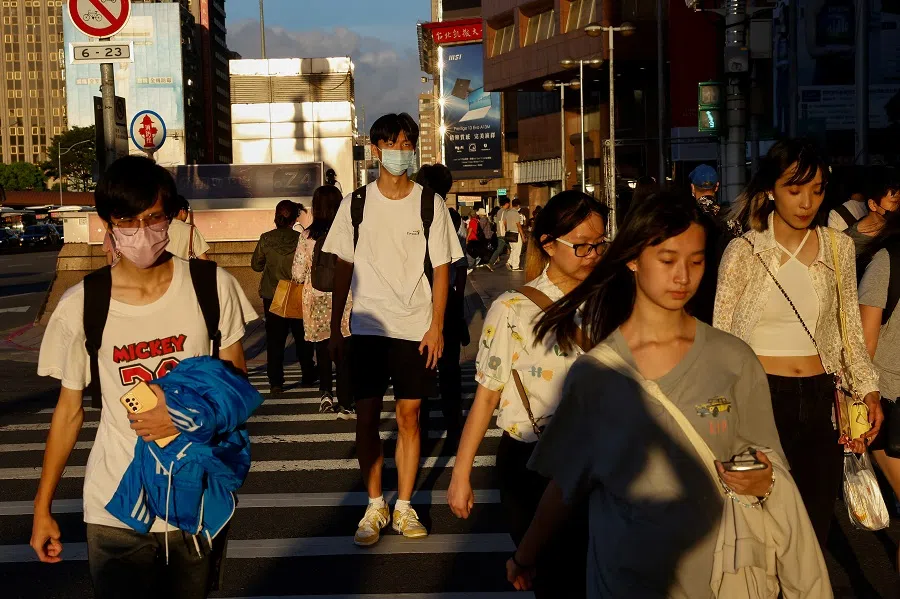
As for complex issues such as establishing a modern civil service system, even with eight years of administrative experience, it would be challenging for him to formulate a comprehensive solution without the help of public administration experts. Seeking professional advice when facing complex problems can make policies more substantial and provide voters with a clearer vision of the future. Meanwhile, the inclusion of social elites and professional experts in the party's policy consultation is strong evidence of the party's expanding influence.
Apart from the potential difficulty of policy discourse due to the nature of a "one-man party", Ko faces another significant challenge in the severe gender imbalance within his party. Besides Ko himself, the vast majority of familiar figures in the TPP are young women, which may attract more male voters. However, such gender-driven support could in turn drive away female voters as evidenced by the low proportion of female participants at the Ketagalan Boulevard rally on 16 July. A gender-imbalanced team could reinforce the stereotype of the TPP being a "one-man party" that lacks diversity and representativeness, hindering the formation of effective internal checks and balances, and increasing systemic risks for the party.
The TPP also has to closely monitor the KMT's integration efforts. Under pressure from departing deep Blue supporters, Eric Chu has recalled King Pu-tsung, a key aide of former President Ma Ying-jeou, to handle the election campaign by strictly enforcing party discipline and forcefully suppressing calls for a change of candidate. At the National Congress on 23 July, Han also expressed support for Hou, which could lead to a return of deep Blue supporters, narrowing Ko's lead.
... if the TPP can survive and become a key minority in the Taiwanese Legislative Yuan as expected following this election, the shift in voters' age structure in four years will bring even greater opportunities.
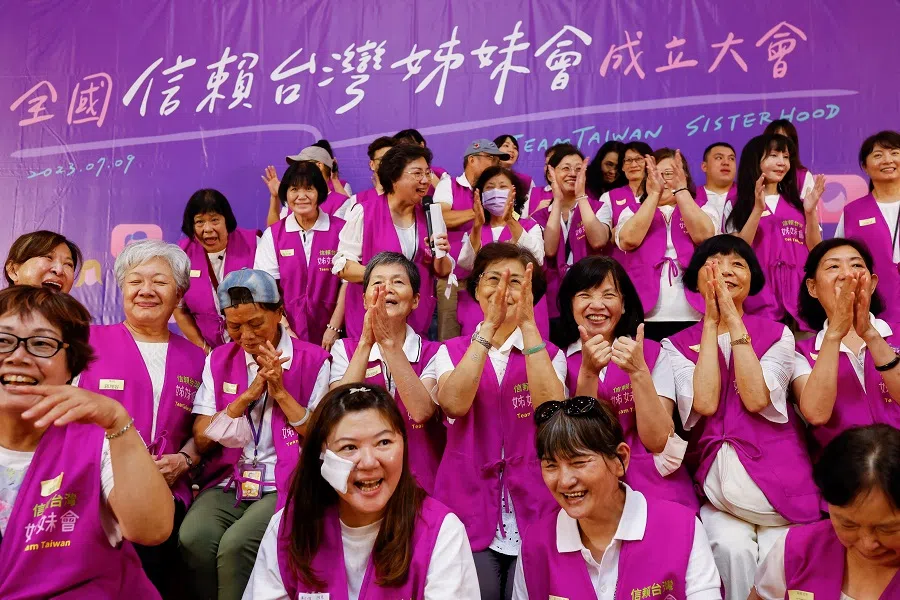
Currently, it seems that Gou has decided to withdraw from the election. Even if he insists on running, his election deposit is likely gone with the wind. The election has been established as a three-legged race, and the polls in the next month will be crucial. If Ko stays in second position, there might be a possibility of joining forces with Gou, or even having limited cooperation with the KMT. Otherwise, the election will certainly play to William Lai's beat.
Some people compare Ko's TPP with James Soong's People First Party (PFP) and worry that the future of the TPP might be hindered. However, it should be noted that when the KMT and the PFP split, there was little difference in voters' age for both parties, leading to a lack of vitality - the biggest characteristic of the TPP lies in its strong appeal to the younger generation.
Imagine this: if the TPP can survive and become a key minority in the Taiwanese Legislative Yuan as expected following this election, the shift in voters' age structure in four years will bring even greater opportunities. However, Ko will have to maintain his personal influence while improving party building, expanding talent reserves, and finding policy footholds for the party's ideology, ensuring the party's institutional continuity. Only then can the TPP better face future challenges.
This article was first published in Lianhe Zaobao as "柯文哲塑造大选新格局颠覆台政坛".
